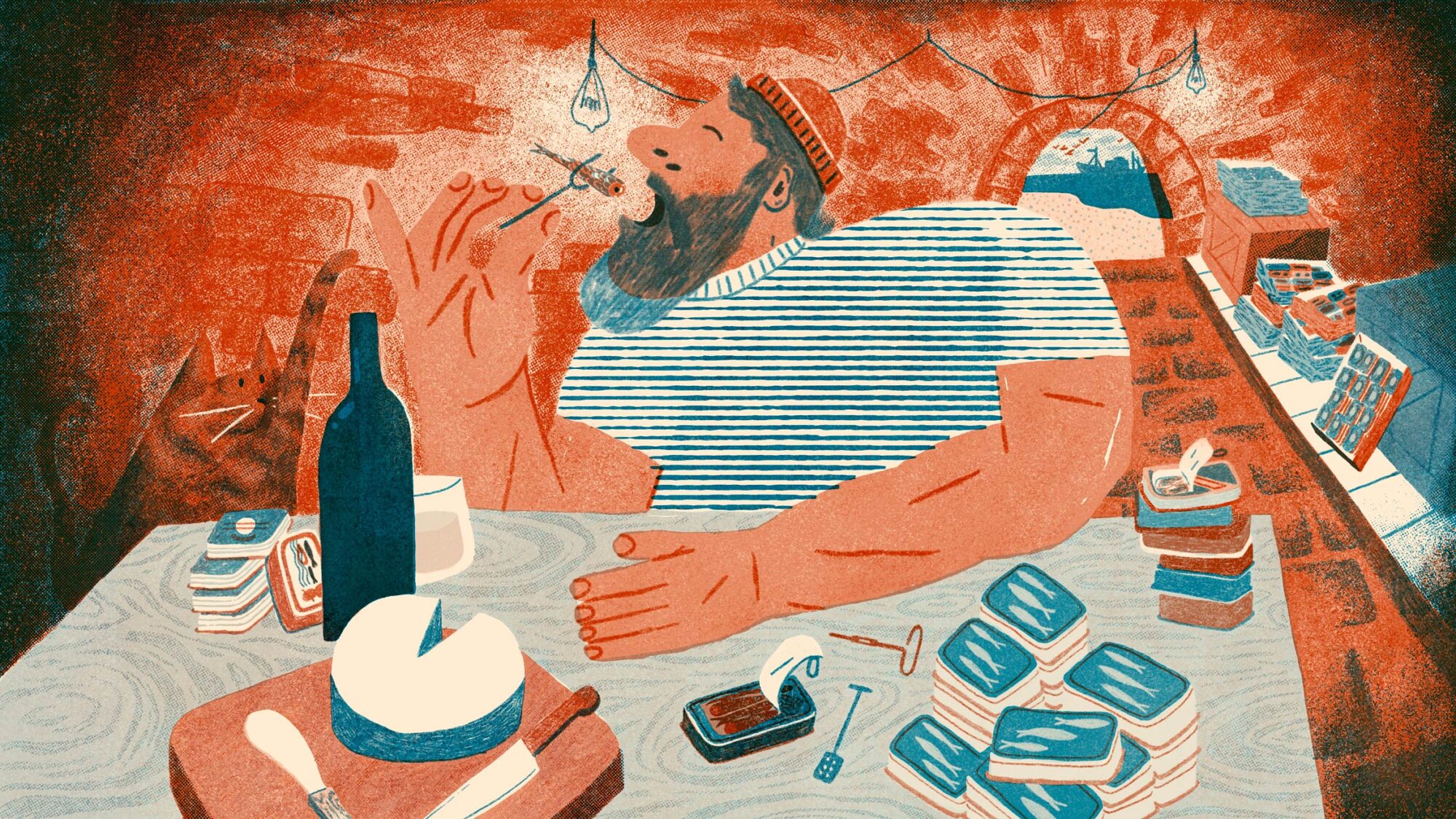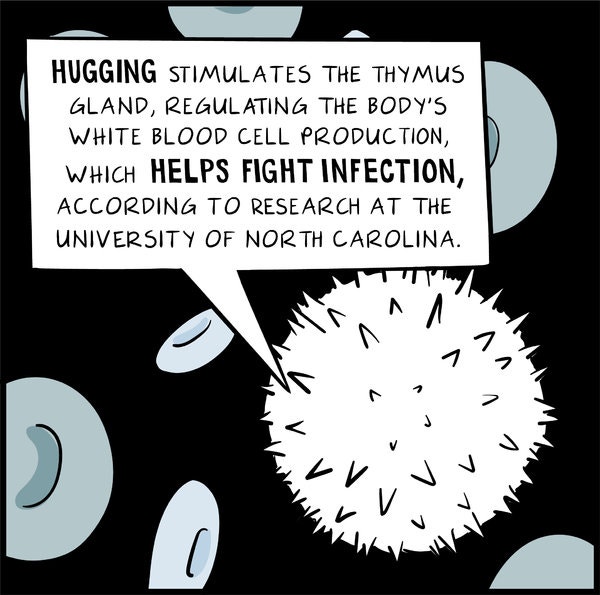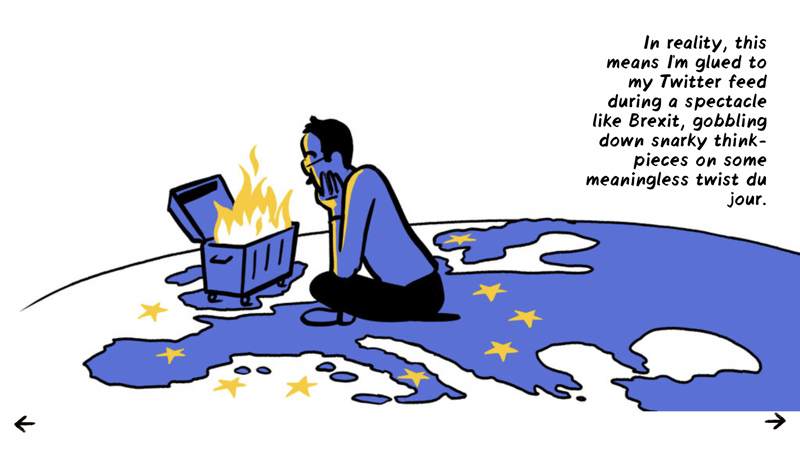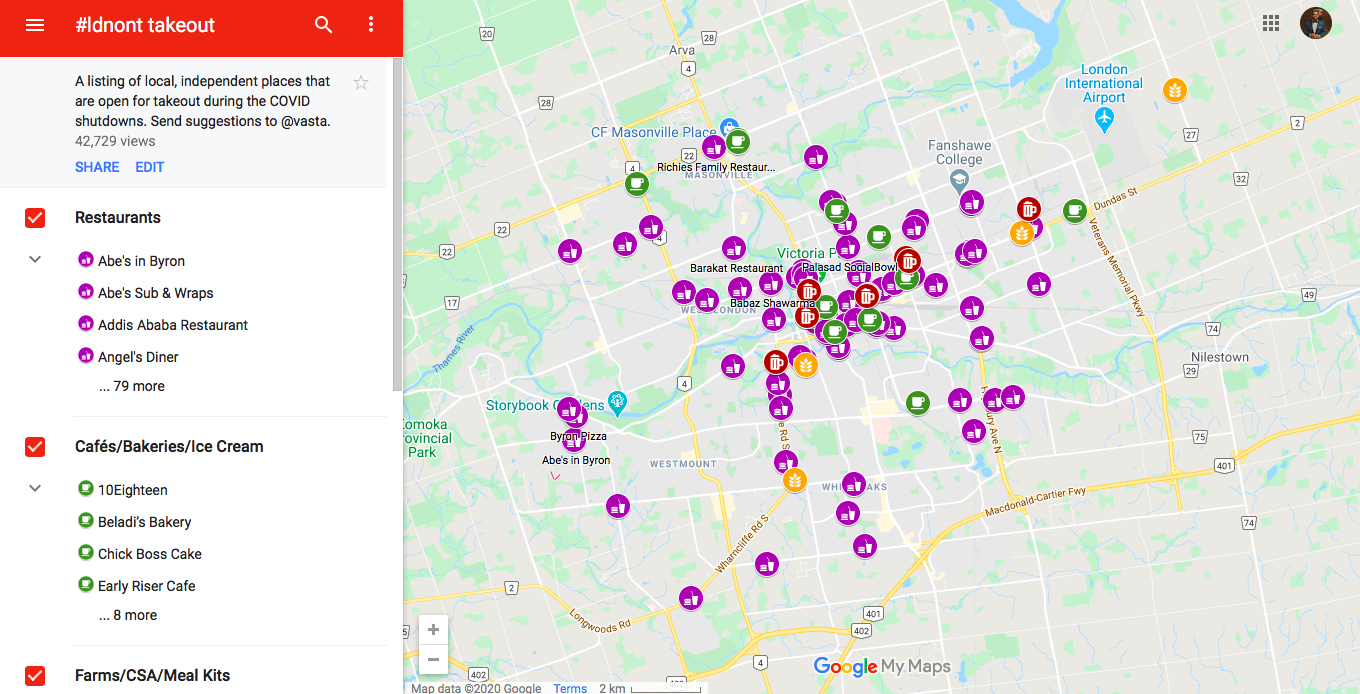The sounds of the tea kettle
I have taken to listening, with conscious intention, to the sound of the kettle as I make my tea.
The kettle always starts with a low hum, as if it is struggling to get started, waking itself up from a slumber that I have interrupted. As it begins to heat up, the sound becomes a rolling murmur, still barely discernible, but beginning to fill with life. Before boiling, the murmur turns into a louder cacophony, as if something is inside banging against the walls hoping to escape.
My tea kettle is electric, so it does not whistle when the water is boiling. Instead, it emits a loud ding and turns itself off when it reaches the desired temperature. After the ding, sounds continue to emanate from the kettle as it settles back into a stupor; they are the sighs of a machine that has done heavy work and needs to decompress.
Eventually, there is quiet. The kettle is asleep again, and I sip my tea in silence.
My patience has been thinner than normal recently, and that is probably due to the heightened anxiety I feel every waking minute of the day. I find myself emulating my kettle often: simmering, and then roiling, and then—instead of a relaxing ding—releasing a whistle of emotion before I grumble and sigh back to some kind of stasis.
I am listening to my tea kettle to help build my patience again, but also to be reminded that anxiety and grief are cyclical; that everything starts with a simmer, and even after hitting our heights of heated emotion, we need to also take time to sigh and let ourselves cool, again.
And that after all of that, few things are as soothing as a quiet cup of tea.
Two poems
The Garden Has Gone Mad
Miruna Fulgeanu
Any chance this is the right summer? Any chance
you’ll come and stay, maybe a year or two?
Here, the garden has gone mad – everything out –
the china broken among these tools
that we have made up to make up –
shears, trowels, a silver-plated emerald-encrusted
shovel, all swallowed up by your absence.
I love our blue hearts. I think often
what it is to wake up in this
waterflesh and then gather rosemary.
What it is to live in this wide house
all alone and smother the ghost
that tells me to do, to do, to do,
like a train. The orchids have grown teeth
in their mouths. As an aside, I have come
to believe my hips might be sapphire. Any chance?
Evening, shortly. Outside, the woodlice
hold an amorous feast. And in the evening,
I am very over –
— — —
RSVP Regrets Only
Linda Pastan
I regret that I can’t come.
I regret the moment we met
and the way you pretended.
I regret the sun that day,
its warmth so artificial,
and I regret the way pain
has taught me nothing.
I regret this invitation,
its phony formality, its ink
coming off like sin
on my clean fingers.
Since the day I met you,
I regret everything.
Some links
I’m going to do my best to keep these weekend reading links (mostly) unrelated (at least, not directly) to the coronavirus. If you’re looking for more pandemic-related reading, check out my regularly-updated list of articles and links I’m collecting in a separate blog post.
“It’s easier to breathe when we aren’t burdened with self-deception.” In times of tumult and uncertainty, I can always count on Saeed Jones to write something that makes me think and brings me joy.
People no longer want sex. They want umami.
Every time I read anything about marginalia and scribbles in the margins, I can’t help but share it here. Marginalia is, after all, what inspired my blog—its name and its ethos.
I love the idea that embracing boredom allows you to be the author of your own life.
A few 19th-century parlor games to amuse you while you’re stuck at home, including pinching your neighbour’s nose and seeing if they laugh.
Most expletives across various cultures are based on social taboos, but for the Dutch, many of them are actually based on medical conditions and illnesses.
How pineapples became a status symbol: “In 1496, when Christopher Columbus was returning from his second voyage to the Americas, he brought back a consignment of pineapples.”
Giraffes are much more incredible animals than we could imagine; very few people talk about them when we talk about conservation, but they are at risk of disappearing, too.
Making friends as an adult is hard, especially when you’re not going to an office every day—but even when some friend dates turn out to be disasters, a friendship can be forged.
“We need people who have experienced struggle, people with a variety of different and uncommon needs to help us design our world.”
Two hundred fifty things an architect should know. Many of these are good for anyone to know, architect or not.
Because so many of us are craving some time in a garden, but not many of us have access to one: a list of five gardens you can virtually tour.
Overly descriptive color palettes.
I was literally wearing socks with sardines printed on them as I read this article on people who love tinned sardines. My love for tinned fish of all kinds knows no end. Also, the illustration that accompanies the article is divine and worth re-sharing here:

Kristen Radtke illustrates a beautiful rumination on what we lose when we stop touching each other:

Christoph Niemann illustrated his recent visit to Estonia and the whole thing is delightful.

One of the things I’ve been doing to try and support the community during this time is creating a map of all the restaurants and food places still open for takeout and delivery in the city. The CBC did a small feature on the map last week, and I update the map every day. If you have any suggestions, please do let me know!
